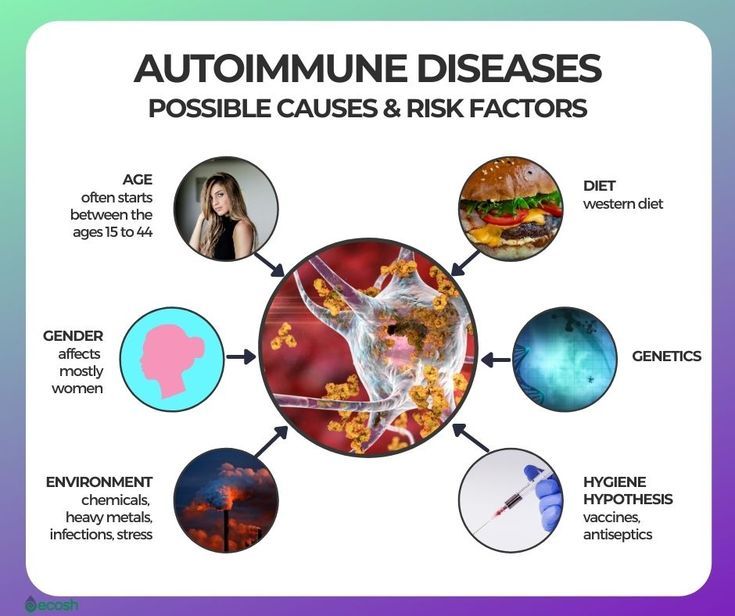An autoimmune disorder is a condition in which the body's immune system mistakenly attacks its own healthy cells and tissues. Normally, the immune system identifies and destroys harmful foreign substances like viruses and bacteria. However, in autoimmune disorders, the immune system fails to recognize these substances and instead attacks the body's own cells.
Causes and Types
Autoimmune disorders can have various causes, including genetic factors, environmental triggers, and hormonal imbalances. Some common autoimmune disorders include: Rheumatoid arthritis Lupus Celiac disease Multiple sclerosis Psoriasis Hashimoto's thyroiditis Crohn's disease
Symptoms
The symptoms of autoimmune disorders can vary depending on the specific condition and the organs or tissues affected. However, there are some common symptoms that may indicate the presence of an autoimmune disorder, including: Chronic fatigue Joint pain and swelling Unexplained weight loss or gain Recurrent rashes or skin problems Digestive issues Hair loss Recurrent fevers
Diagnosis and Treatment
Diagnosing autoimmune disorders can be challenging as the symptoms can overlap with other conditions. A thorough medical history, physical examination, and various laboratory tests are usually conducted to determine the presence of an autoimmune disorder. Treatment for autoimmune disorders aims to control symptoms, reduce inflammation, and prevent further damage to affected organs. Depending on the specific disorder, treatment may involve medications to suppress the immune system, pain relievers, physical therapy, and lifestyle changes.
Managing Autoimmune Disorders
While there is no cure for autoimmune disorders, certain lifestyle modifications can help manage the symptoms and improve overall well-being. These include: Eating a healthy, balanced diet Regular exercise Getting enough rest and practicing stress management techniques Avoiding triggers such as certain foods or environmental factors Regular medical check-ups and monitoring of symptoms Seeking support from healthcare professionals and support groups
Conclusion
Autoimmune disorders are complex conditions that can significantly impact a person's quality of life. It is important to raise awareness about these disorders to promote early diagnosis and effective management. With proper medical care, lifestyle modifications, and support, individuals with autoimmune disorders can lead fulfilling lives and minimize the impact of their condition on their overall well-being.


